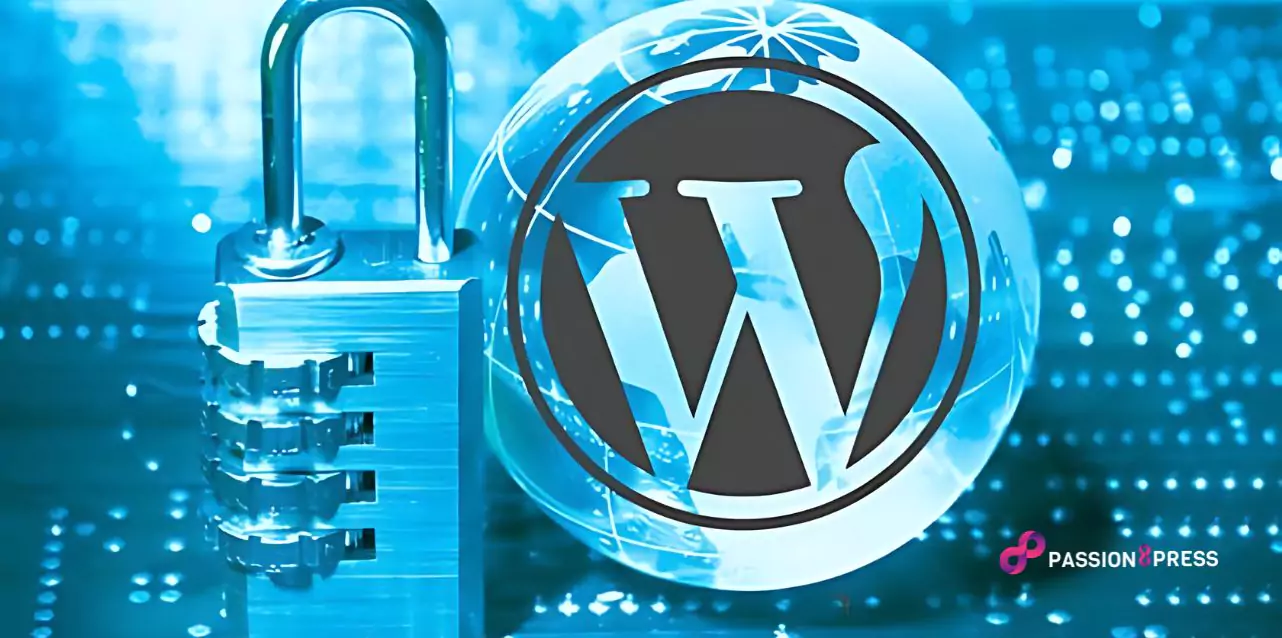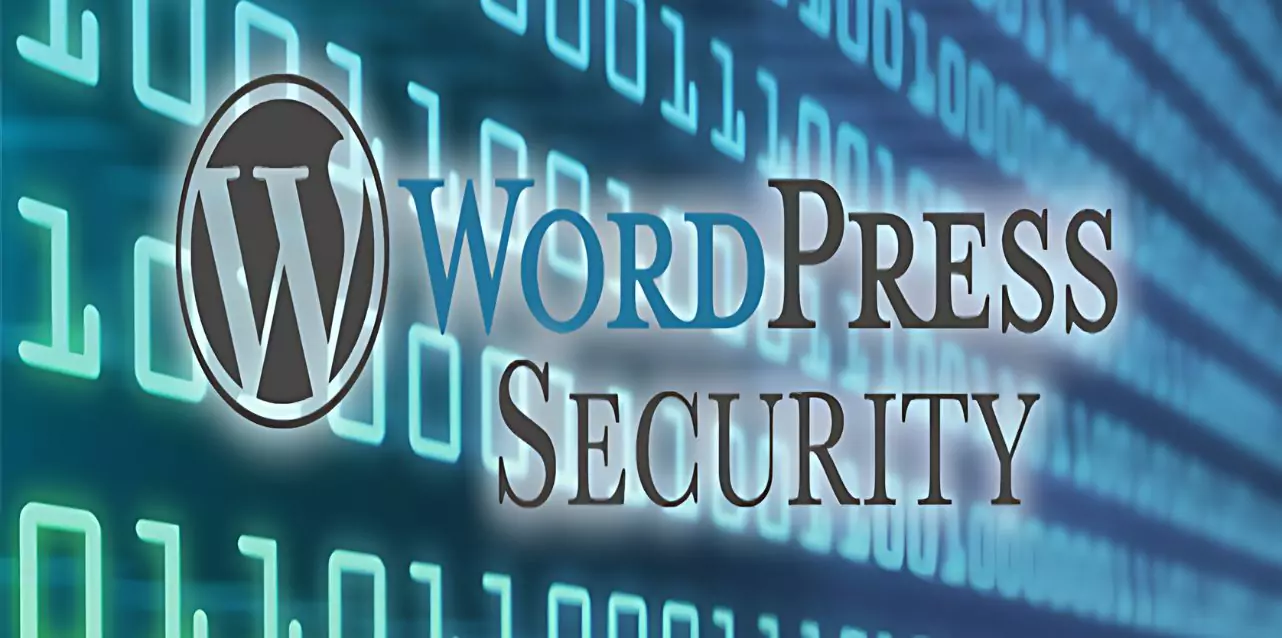Securing your WordPress site is not just an option- it’s a necessity. With the increasing number of cyberattacks targeting websites of all sizes, leaving your site unprotected can have serious consequences.
From safeguarding your content and user data to maintaining the trust of your audience, a WordPress secure website is the foundation of your online presence.
In this blog, we’ll guide you through crucial steps and strategies to secure a WordPress site, fortifying it against potential threats to ensure its safety and security.
In a hurry? Listen to the blog instead!
Why Secure A WordPress Site?
Given its status as one of the most widely used WordPress content management systems (CMS) globally, WordPress is a prime target for hackers and other malicious actors. To secure a WordPress site, it’s not just important- it’s essential. Here are several critical reasons why:
Protecting User Information:
If your website gathers any user data, such as login details, personal information, or payment records, you must protect this data. A breach can lead to serious repercussions, including legal issues, a damaged reputation, and loss of visitor trust.
Preventing Malware Infections:
Malware infections can occur due to vulnerable plugins, themes, or outdated software, putting your site at risk from threats like viruses, ransomware, and spyware. These infections can spread to visitors and potentially get your site blacklisted by search engines, drastically reducing traffic. Knowing about these weaknesses is essential for keeping your site safe.
Enhancing Website Performance:
Implementing security measures to secure a WordPress site can boost its performance by defending against DDoS attacks and other resource-intensive threats that could slow down or crash your site.
Safeguarding SEO Rankings:
A compromised website can be exploited by hackers to insert malicious links and spam content, damaging your SEO efforts and potentially leading to penalties from search engines.
Avoiding Blacklisting:
If your site is compromised and used for malicious activities, it may be blacklisted- by search engines and security software, which will warn visitors of potential dangers and severely harm your online reputation.
Ensuring Business Continuity:
A security breach can result in downtime, disrupting your business operations and leading to revenue loss. Securing your website helps keep your wordpress enterprise running smoothly and reduces interruptions.
Meeting Compliance Requirements:
Depending on your jurisdiction and the nature of your website, you may be required to comply with specific data protection and security regulations. Securing your WordPress site is crucial for meeting these legal obligations.
While it might seem overwhelming to secure a WordPress site, implementing effective security measures can significantly reduce the risk of attacks, ensuring your site remains safe and operational.
Key Causes Of WordPress Security Issues
Google has recently identified some of the most common methods hackers use to access websites. Here are a few major causes of WordPress security susceptibility.
Compromised Passwords:
Hackers often use brute-force attacks to infiltrate websites, employing bots to try thousands of username and password combinations per second until they succeed. To counteract this, Passion8Press is the ideal solution. It not only delivers strong protection but also provides effective WordPress malware removal. Their skilled team quickly identifies and removes threats, ensuring your website’s security stays intact. Moreover, their fully managed security service utilizes rigorously tested proprietary configurations to offer near-impenetrable protection, helping to secure a WordPress site and keep your online presence safe.
Insecure Plugins And Themes:
Plugins and themes with vulnerabilities provide an easy entry point for malicious actors. While developers of reputable themes often release updates to patch these vulnerabilities, not all WordPress users keep their sites updated. Additionally, free versions of premium plugins and themes, often- referred to as “nulled,” may contain hidden backdoors in their code, allowing hackers to remotely access your site.
Weak Security Policies:
Poor security practices, such as granting unnecessary site access to individuals or allowing the use of weak, easily guessable passwords, make it easier for unauthorized users to infiltrate your website. Passion8Press emphasizes the importance of strong security measures to safeguard your site from potential threats.
To secure a WordPress site, addressing potential issues proactively is crucial. By partnering with a trusted security provider like Passion8Press, you can ensure that your website is protected against even the most sophisticated attacks, allowing you to focus on what truly matters- growing your business. Safeguard your online presence today and fortify your website against future threats.
Passion8Press enhances WordPress site security through its WordPress development services. They keep your site updated with the latest core, theme, and plugin versions, use advanced security plugins, and set up robust firewalls. Their offerings include regular backups, security hardening, real-time monitoring, and custom security audits. Additionally, they provide ongoing support, and performance optimization, and ensure mobile responsiveness. By integrating these features, Passion8Press ensures a secure, efficient, and resilient WordPress site.
How To Secure A WordPress Site
Securing your WordPress site is crucial for protecting your data and maintaining your site’s integrity. Here’s a comprehensive guide to help you secure a WordPress site by implementing essential security measures:
1. Enhance Login Security
- Utilize Strong Passwords: Despite expectations for futuristic technology, weak passwords like “123456” are still common. Ensure all users with backend access employ strong, unique passwords. Think about using a password manager for extra security.
- Implement Two-Factor Authentication (2FA): 2FA adds an extra verification step with a second device, greatly enhancing login security.
- Avoid Default Username “admin”: Since “admin” is a common target for attacks, create a new administrator wordpress account with a different username if you haven’t already.
- Restrict Login Attempts: Limit the number of failed login attempts to prevent brute-force attacks. It can be managed with plugins like Limit Login Attempts or through hosting and firewall services.
- Add Captcha: Use plugins like reCaptcha to verify users are human and not bots during login.
- Enable Auto-Logout: Auto-logout, especially on public computers, prevents unauthorized access if you forget to log out. Use the Inactive Logout plugin to set this up.
2. Choose A Secure Hosting Provider
- Opt for Reliable Hosting: Security should be a top priority when selecting a WordPress hosting provider. Research their security measures and recovery processes.
3. Keep WordPress Updated
- Update Regularly: Outdated versions are vulnerable. Regularly check for and install updates to secure a WordPress site. Backup your site first and ensure plugin compatibility before updating.
4. Update PHP Version
- Upgrade PHP: Keep your PHP version up-to-date for improved security. WordPress will notify you when an update is available; follow the prompts or contact your web developer for assistance.
5. Install Security Plugins
- Use Reputable Plugins: Security plugins help protect your site by scanning for threats, altering vulnerable files, and preventing content theft. Choose well-established plugins.
6. Select A Secure Theme
- Choose a Compliant Theme: Avoid using unsafe themes by selecting those compliant- with WordPress standards. Check themes in the official WordPress directory or trusted marketplaces.
7. Enable SSL/HTTPS
- Use SSL: SSL encrypts data between your site and visitors, boosting security and SEO. Ensure your site uses HTTPS; if not, obtain an SSL certificate.
Install a Firewall - Use a Web Application Firewall (WAF): A WAF plugin helps block unauthorized traffic and malicious activity. Consider using a WAF plugin or a platform with built-in protection.
8. Backup Your Site
- Automate Backups: Regular backups ensure you can recover from attacks or data loss. Use trusted backup plugins to automate this process.
9. Conduct Regular Security Scans
- Run Routine Scans: Regular security scans help identify potential threats. Use security plugins for automated scans and check-ups at least once a month.
10. Filter Special Characters
- Prevent Code Injection: Remove special characters from user inputs to prevent XSS or SQL injection attacks. Use plugins to help with this.
11. Limit User Permissions
- Restrict Access: Assign appropriate roles to users and limit admin permissions to reduce potential damage from breaches.
12. Monitor WordPress Activity
- Set Up Monitoring: Implement a monitoring system to detect suspicious activity and get alerts about potential security breaches. Use monitoring plugins for this purpose.
13. Log User Activity
- Create and Review Logs: Keep logs of user activity to spot any unusual behavior and for post-attack analysis.
14. Change Default Login URL
- Modify Login URL: Alter the default WordPress login URL to make it harder for attackers to find.
15. Disable File Editing
- Restrict File Edits: Prevent file editing from the WordPress dashboard by adding code to wp-config.php: define( ‘DISALLOW_FILE_EDIT’ true );
16. Change Database Prefix
- Alter Prefix: Change the default “wp_” database prefix to something unique to avoid SQL injection risks. Use plugins for an easy change if your site is live.
17. Disable XML-RPC
- Turn Off XML-RPC: If not needed, disable xmlrpc.php to prevent attacks. Use plugins like Disable XML-RPC-API if your site doesn’t use this feature.
18. Delete Default Admin Account
- Remove Admin Account: Consider deleting the default “admin” account and creating a new one with admin privileges if you suspect it’s compromised.
19. Hide WordPress Version
- Obscure Version: Hide your WordPress version to prevent hackers from exploiting known vulnerabilities.
By following these steps, you can significantly improve and secure a WordPress site from common threats.
Also Read,
WordPress Malware Removal Steps You Need To Know
What Is Managed WordPress Hosting? ( A Complete Guide)
How To Build WordPress Site With Astra: A Step-By-Step Guide
Ensure Your Website and Business Are Safe and Secure
To secure a WordPress site, it is crucial to protect your data, reputation, and user trust. By adopting strategies such as regular updates, strong passwords, secure hosting, and effective backups, you can significantly minimize vulnerabilities and enhance your site’s security.
Maintaining security is an ongoing process that requires vigilance and proactive measures to ensure you secure a WordPress site effectively. For expert support, consider Passion8Press, your go-to service provider for comprehensive WordPress security solutions. If you need personalized assistance, you can also hire WordPress developers from Passion8Press for tailored security enhancements. With the right approach and the assistance of trusted experts, you can ensure your WordPress site remains a safe and reliable space for you and your users.









